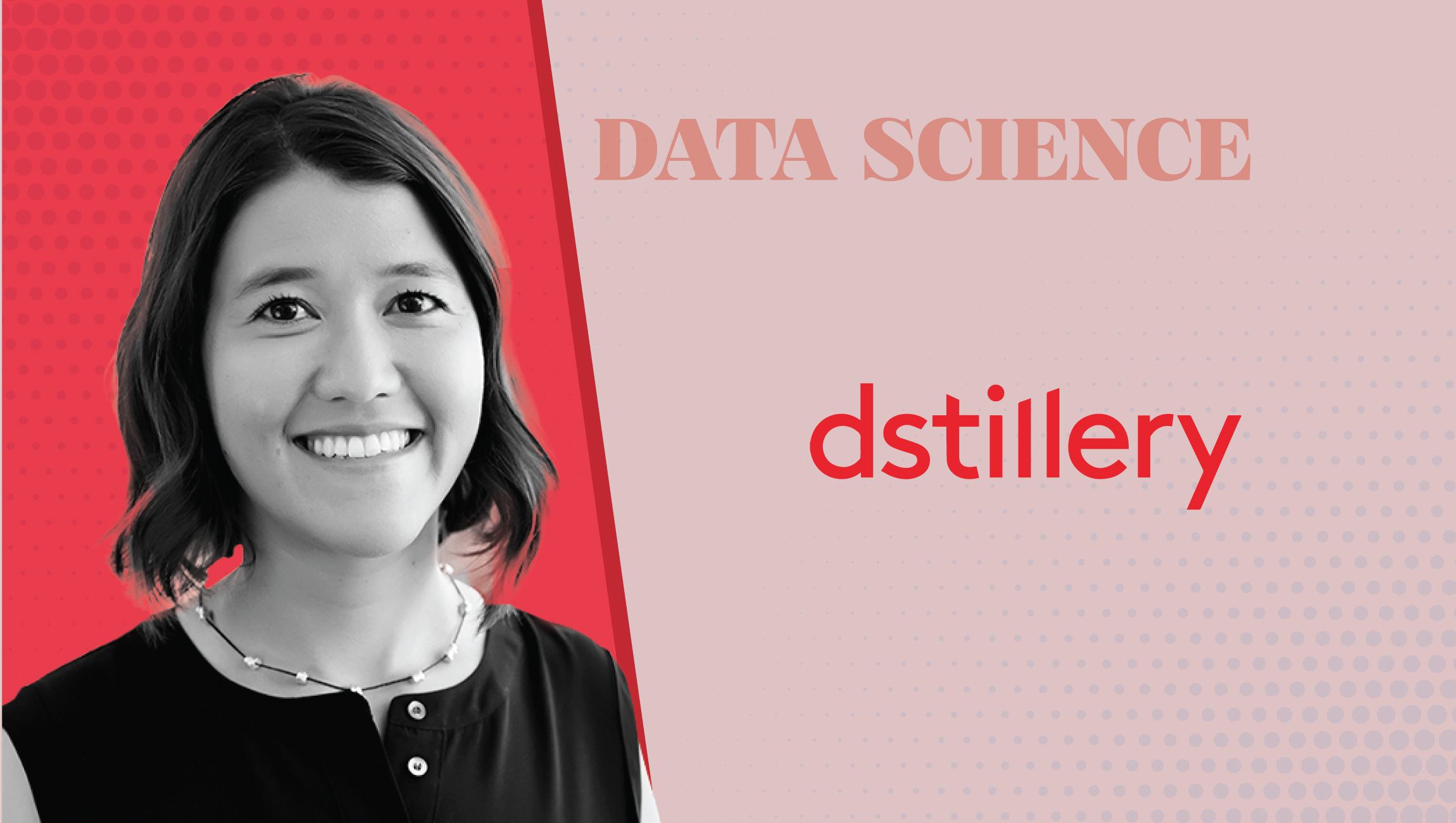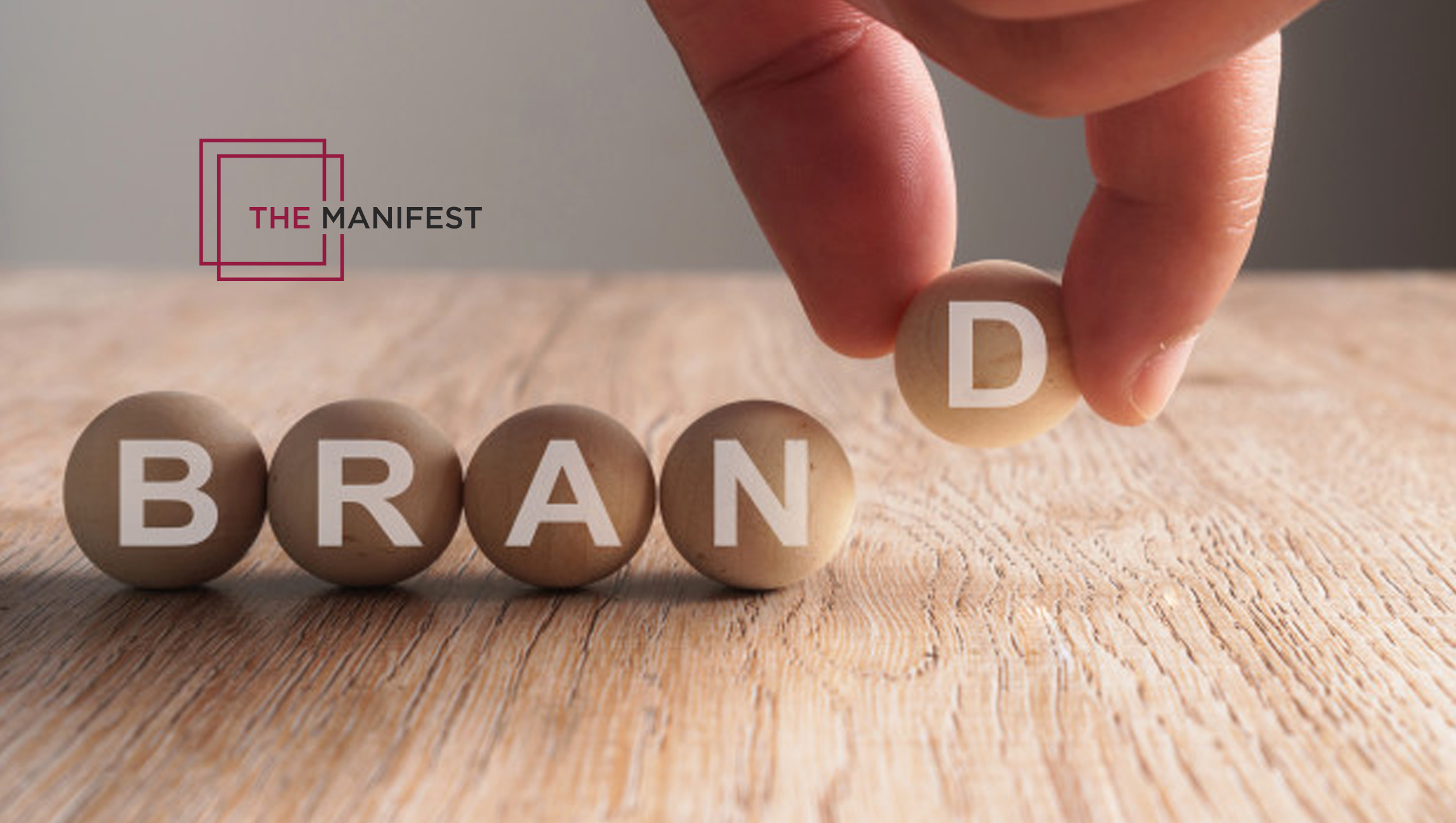Tell us about your interaction with smart technologies like AI and Data Science.
AI has always been at the core of what we do at Dstillery. We are an applied Data Science company, so our core – our bread and butter – has been built on Machine Learning from the very beginning. Everything we do is an outgrowth of Machine Learning in some way or another.
We’re an audience company, and we use algorithms to find the best customers for advertisers. The sort of exhaust that comes from that process is that we actually learn a lot about who those customers are. And that can inform insights and market research, in a way that’s a spinoff of the AI that we’ve been doing for years.
How did you start in this space? What galvanized you to be part of Dstillery?
My background is in Physics, and I was working on completely different kinds of problems. The thing that drew me to Dstillery, was the fact that Data Science really is at the core of the product.
Perhaps even more exciting than that is the amount of data that Dstillery has to work with. This includes the quality, the quantity, the variety of sources, the granularity, the depth and the length of time that we’ve been collecting and storing data. You don’t find that in academia, because it’s quite expensive to collect that much data, and no one would do it unless they had a business reason. The opportunity to work with this amount and type of data, and to develop techniques to extract more value from datasets like these, was such a unique opportunity.
As a Data Scientist, what are the most challenging aspects of working in the “AI Economy”?
There are a few reasons why there is an “AI economy” right now. One, there’s so much data being generated and collected all the time, just automatically. Two, the AI algorithms themselves are quite mature and increasingly accessible. Practitioners can now take these powerful algorithms and use them without a ton of expertise. And three, the computational power is widely and cheaply available, through Cloud resources.
The consequence is that all of these tools are on a shelf and there are problems out there that no one has applied these tools to before. There’s a lot of green space to play in. I think it’s happening in a lot of industries right now – it’s for sure happening in the Advertising and Marketing industry. And that’s why you see so much activity and so much AI in the headlines, because of those combinations of factors.
What are the various technologies and principles driving Data Science for Marketing and Sales operations?
We’re primarily focused on finding the best eyeballs for brands’ ads, and in the process of that, the machine learning reveals behaviors and insights, and we get all these pieces that can be used for Marketing.
What are the various AI use case scenarios that you have worked with, at Dstillery?
Our core AI use case is around predicting anonymous user behavior, based on all of the digital actions we’ve seen those users take before. We use this Machine Learning to identify the best customers for targeted advertising, and it also allows us to study what attributes reflect a high propensity to interact with a particular brand or purchase their products.
We also use a type of AI called unsupervised Machine Learning to do customer segmentation. By allowing the algorithm to identify clusters of similar users unguided by biased human preconceptions, we often uncover interesting high-value segments that were previously in the brand’s blind spot.
How is data science for Marketing and Sales platforms different from general AI applications?
The simple answer is that Data Science for Marketing and Sales is no different from general AI applications. It’s a very common AI task to teach a computer how to predict a specific action, and understand all of the things that make it more likely for a specific event to happen.
In Marketing, there are very clear ways to translate that general AI problem into what brands need. There are specific things brands are trying to drive, such as driving a consumer to purchase. Brands and agencies want to understand and predict all of the things that lead up to that purchase, or make that purchase more likely to happen, and all the other behaviors that are relevant to that purchase.
Which industries would benefit from accessing your recent resources on Data Science?
The industries that have the most to gain are the ones that are looking to drive toward a more specific goal. Dstillery’s technology does really well in industries like retail and finance.
In retail, there’s a particular type of product that someone is trying to sell. With this goal, there’s a lot of knowledge to gain between the chance that a random person is going to buy this product and what an AI algorithm is going to select. In general, industries with more specific the behavior that we’re trying to drive, and the more related behavioral signals that come with that consumer behavior, have a lot to gain.
How should young technology professionals train themselves to work better with AI and Automation tools?
If you’re going to be an AI or Machine Learning practitioner, it’s important to be aware that the cutting edge is changing fast, and new tools are created or refined all the time. It’s important to stay current – your work will be much more powerful and efficient if you understand when to adopt new methodologies. Because this field is moving so quickly, it’s really valuable to read blogs that are coming out of both academic labs and out of the industry, from people who are using new technologies. Of course, you won’t end up adopting every new tool that comes out, but you should keep them on your radar so you always know what’s available, and when it’s worth adopting something new.
How potent is the Human-Machine intelligence for businesses and society? Who owns Machine Learning results?
The thing to remember is that AI is just a computer. We call it AI and the word “intelligence” may sound scary, but what we’re talking about is just computers that have been programmed to conduct a specific task. This is not fundamentally different than anything we’ve done over the last several decades, programming computers to do very specific tasks. Computers are just better at more tasks now.
Where do you see AI/Machine Learning and other smart technologies heading beyond 2020?
We’re just going to see AI baked into more and more products, in more and more industries, and more and more verticals. Right now, everyone’s focused on what’s going to happen with AI, but it’s the same thing that happened with computers. At first, it was a big deal if a business process used computers, and then at a certain point, the attitude has become “of course the computer is involved.”
Melinda Han Williams is Chief Data Scientist at Dstillery. Her peer-reviewed journal publications have been cited over 8,000 times. Previously, Melinda worked as a physicist developing nanoscale transistors and third-generation photovoltaics. Melinda holds a Ph.D. in Applied Physics from Columbia University.
Founded in 2008, Dstillery is the leading custom audience solutions company, empowering brands and their agencies to maximize the value of customer data and transform the way they connect with their audiences.
Our premier product, Custom AI Audiences, is built by just-for-your-brand Custom AI models that deliver the ideal combination of accuracy and scale. Because Dstillery rescores candidates in and out of audiences every 24 hours, our audiences are always up-to-date and on-target. That’s why brands across Retail, CPG, Finance, Luxury, B2B, Telco, Travel, and Tech rely on Dstillery’s audience solutions for branding and direct response initiatives to thrive.












